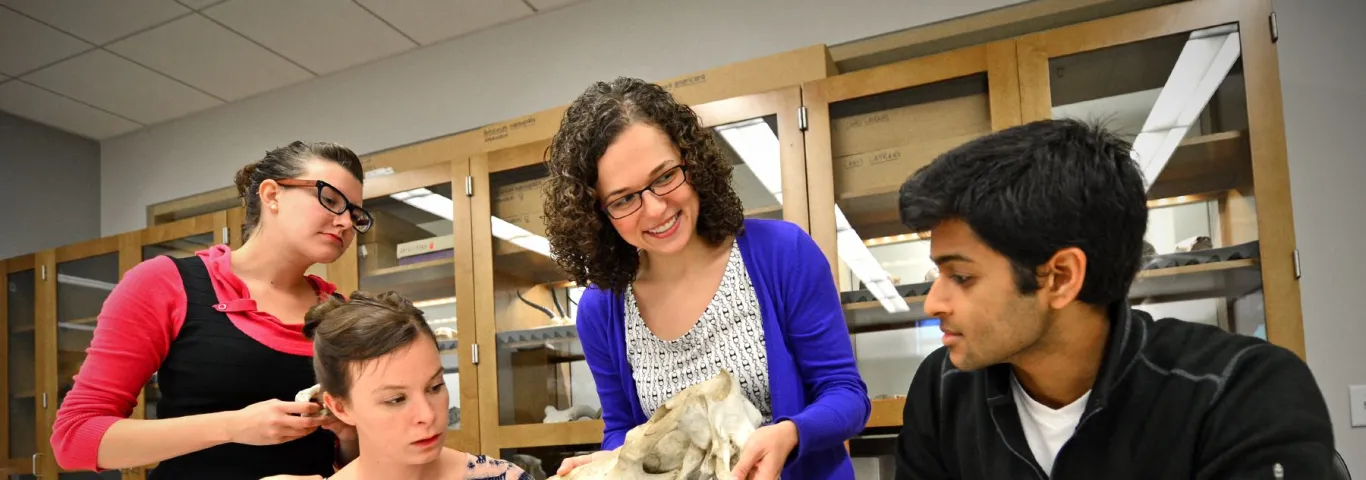We help fund and support WashU undergraduates throughout their research journeys.
To promote and enhance student learning through undergraduate research, the Office of Undergraduate Research (OUR) offers financial support via several programs targeted at different stages of students' research journeys.
- The Advancing Research Culture (ARC) program invites first-years into inquiry by connecting them with ongoing faculty research projects. No faculty nomination is required for application.
- The Summer Undergraduate Research Guided Experience (SURGE) program provides stipends and flexible programming for WashU undergraduates pursuing faculty-mentored, project-based inquiry across all academic disciplines during the summer. Submissions for SURGE open on December 15, and a nomination from a faculty research mentor is required. (The SURGE program merges two previously distinct summer awards, BioSURF and SURA, into a unified OUR summer award program.)
- The Conference Travel Award (CTA) offers financial support for students serving as the lead presenter on upcoming conference or symposium presentations. Students must obtain a nomination from a faculty research mentor who actively engaged with the project being presented. Applications are accepted on a rolling basis but must be submitted at least two weeks prior to the relevant conference.
- The Academic Year Undergraduate Research Award (AYURA) supports project expenses for seniors who are conducting faculty-mentored, inquiry-based independent research or creative endeavors in the Humanities, Social Sciences, and Arts. Applications are accepted on a rolling basis up until semester-specific deadlines.
The OUR also helps WashU students identify and pursue other undergraduate research opportunities at WashU and external institutions. Students can browse available programs on our research opportunities webpage. Eligibility for OUR programs is not restricted based upon race, color, national origin, ethnicity, sex or gender.
SURGE Submission Timeline
Students interested in pursuing summer research with support from the OUR's SURGE program should keep the following timeline in mind:
- September – December: Find a mentor and formulate a project.
- January – March: Submit a project proposal and other supporting materials for SURGE.
Such project-based summer funding requires substantial planning, including securing a faculty research mentor, refining the research question or project objective, and developing a project proposal and timeline. If you have questions about where to start, reach out to a WashU Research Ambassador or contact the OUR for guidance!

